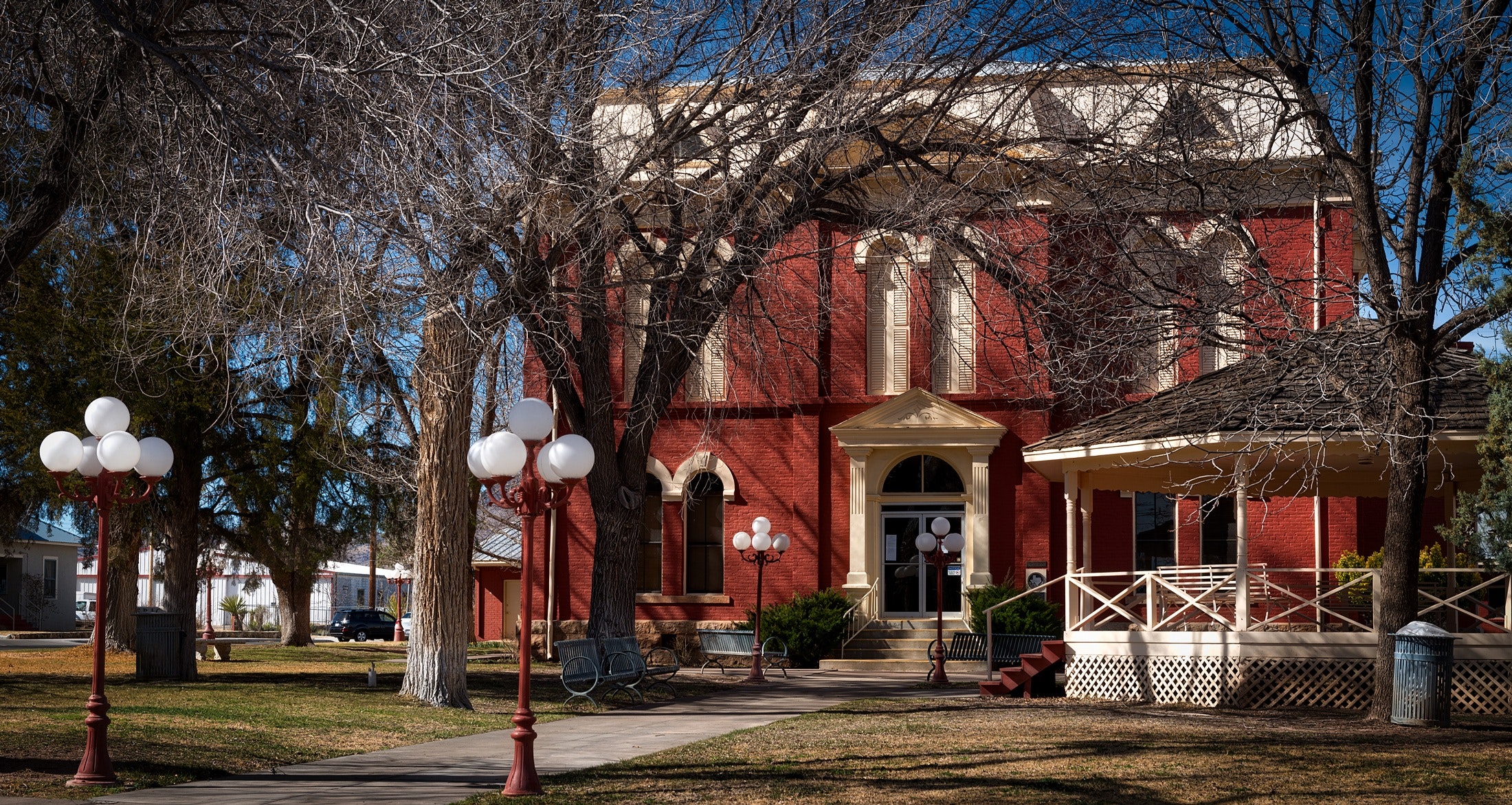Sen. Judith Zaffirini, D-Laredo, has filed seven bills to improve the Texas Public Information Act and Texas Open Meetings Act.

Senate Bills 924 to 930 filed Tuesday address such issues as deadlines for governmental entities to respond to public records requests and citizen access protections for video or telephone virtual public meetings. All of the measures were also combined in an omnibus bill, SB 923.
“Transparency is essential to preserving democratic governance,” Zaffirini said in a news release. “Texans need to know what happens in the halls of power to hold their leaders accountable. I’m delighted to champion not only these proposals, but also the cause of open government generally.”
Kelley Shannon, executive director of the Freedom of Information Foundation of Texas, said government transparency cannot be sidelined amid the state’s many other pressing needs.
“The pandemic has magnified problems that were occurring in our Texas Public Information Act and Texas Open Meetings Act,” she said. “Loopholes in these important laws need to be closed so that all Texans can stay informed and fully participate in our democracy. This package of legislation by Senator Zaffirini will get Texas on course again in protecting the public’s right to know.”
The senator joins other legislators of both parties in filing open government measures this session, including Rep. Giovanni Capriglione, R-Southlake, and Rep. Joe Moody, D-El Paso, the House speaker pro tempore. Additional transparency bills are expected to be filed in the coming days.
Texas Attorney General’s Office
The Texas Attorney General’s Office includes an open government division and on its website offers tips, answers frequently asked questions and publishes letter rulings on Texas Public Information Act requests. The link to the office’s open government web page is https://www.oag.state.tx.us/open/index.shtml
The office also provides an open government hotline at (512) 478-OPEN (6736) or (877) OPEN-TEX (673-6839).
The Office of the Attorney General has published the latest version of the Public Information Handbook to help citizens navigate Texas open government laws. The handbook examines open government history, cases, statutes and court rulings.
The Attorney General’s Office accepts complaints when it is alleged that a governmental entity has not complied with the Texas Public Information Act. Though the office can take civil action, it cannot decide to prosecute those complaints in criminal court. That power belongs to local prosecutors.
The attorney general does not have enforcement jurisdiction over Texas Open Meetings Act violations. That responsibility lies with district courts and county or district attorneys. However, the Attorney General’s Office does provide training and guidance in Open Meetings Act compliance.




